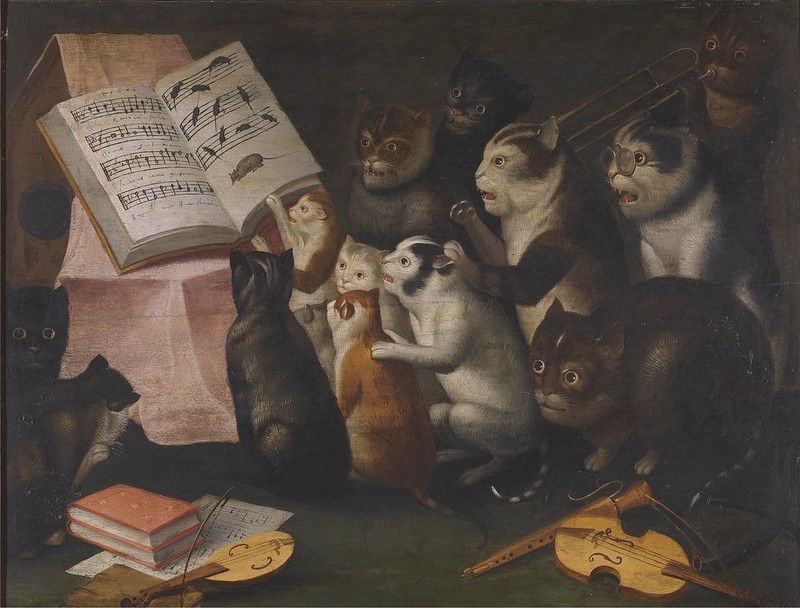Angelo Ragazzi (1680-1750)
- Concerto à 4 con Ripieni
Performers: I Solisti Partenopei
Further info: Musica Strumentale Nel'700
---
Italian composer. He studied the violin at the Naples Conservatory of S
Maria di Loreto with Giancarlo Chilò (or Cailò), who had moved to Naples
from Rome with Alessandro Scarlatti. In 1704 he was employed as a
violinist in the royal chapel in Naples (where at some time he was
Konzertmeister, according to a Dresden manuscript); when Naples passed
under Habsburg rule, he went first to Barcelona and then to Vienna,
where he entered the service of Emperor Charles VI. He stayed there from
1713 to 1722, when he returned to Naples, but moved to Vienna again in
1729 (possibly as a result of the transfer of power in Naples from the
Habsburgs to the Bourbons); he remained there for the rest of his life,
retiring in 1740, ten years before he died. Ragazzi was one of the
leading instrumental composers in 18th-century Naples. His only printed
work is a collection of Sonate a quattro, compositions of considerable
interest for a knowledge of the Neapolitan instrumental tradition, and
dedicated (as might be expected) to Charles VI. The collection comprises
12 sonatas for first violin, ripieno first violin, second violin, third
violin or viola, and violone and continuo. The sonatas are varied in
style and broadly representative of Ragazzi's music. Some of them are
close to trio sonatas, others to solo concertos; some are in a
contrapuntal style, while others are more homophonic. Ragazzi favoured a
classical polyphonic manner combined with instrumental virtuosity; some
passages show a Venetian influence, but others are in a strict
polyphonic idiom. These characteristics of Ragazzi's style need to be
seen in the context of contemporary Viennese taste, where the two
dominating factors were J.J. Fux's teaching and the popularity of the
Vivaldi concertos.

Cap comentari:
Publica un comentari a l'entrada